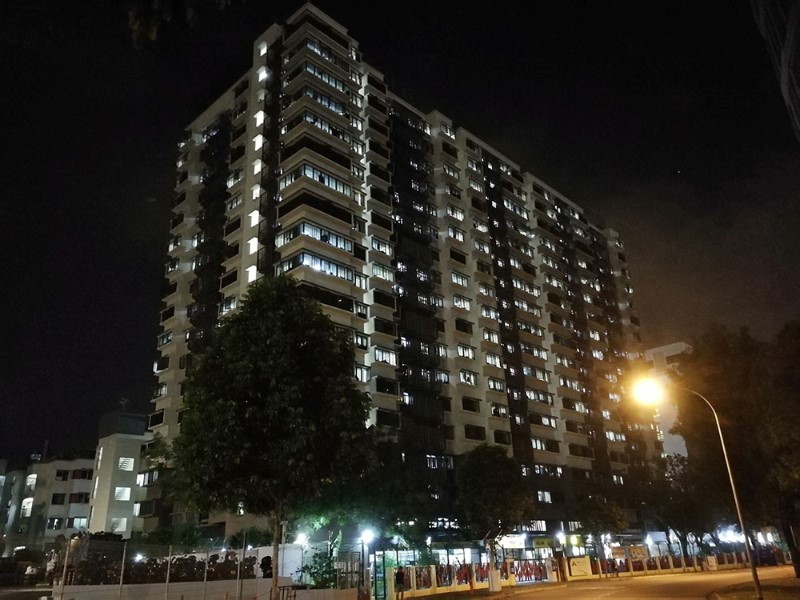KUALA LUMPUR, April 21 — Singapore has been accused of overlooking thousands of migrant workers living in cramped dormitories amid a surge of Covid-19 cases among them, the Guardian reported.
According to official data, out of 1,426 new cases reported yesterday, 1,369 were work permit holders residing in foreign worker dormitories. Singapore has now confirmed over 8,000 coronavirus infections.
“Participants told me that even up until Monday they don’t have access to soap and adequate cleaning supplies,” Mohan Dutta, a professor at Massey University in New Zealand, who has interviewed 45 migrant workers in Singapore since the outbreak began, told the Guardian.
The workers are being provided food so that they do not have to share kitchens, but interviewees told Dutta that the meals were lacking in nutrition. In some dormitories, 100 men were sharing five toilets and five showers.
The Guardian reported that between 12 and 20 men might share one room in the dormitories.
“In my room and other rooms also there are many [with] symptoms, some feel [they have] no energy, someone has body aches,” a Bangladeshi construction worker told the Guardian.
“We are frightened.”
Campaign group Transient Workers Count Too (TWC2) reportedly told the Singaporean government last month to make plans to protect migrant workers, saying: “The risk of a new cluster among this group remains undeniable.”
Singaporean officials are now transferring men to multi-storey car parks, military camps and floating hotels in an attempt to reduce crowding.
The government also said that it has increased cleaning services to the dormitories, provided meals to workers and moved them to other places. Medical teams have now also moved to sites in order to conduct tests more quickly.
“If we don’t stop it there the hospitals will get overwhelmed,” Professor Dale Fisher, a senior consultant in infectious diseases at Singapore’s National University Hospital, was quoted saying.
“[The men] are all 30 to 40 years old, which is good, but still when you’re dealing with these massive numbers, you’re going to get a good number of sick 30 to 40-year-olds.
“The risk [relating to migrant worker dormitories] is completely different and the preparation and the anticipation wasn’t there,” he reasoned.








